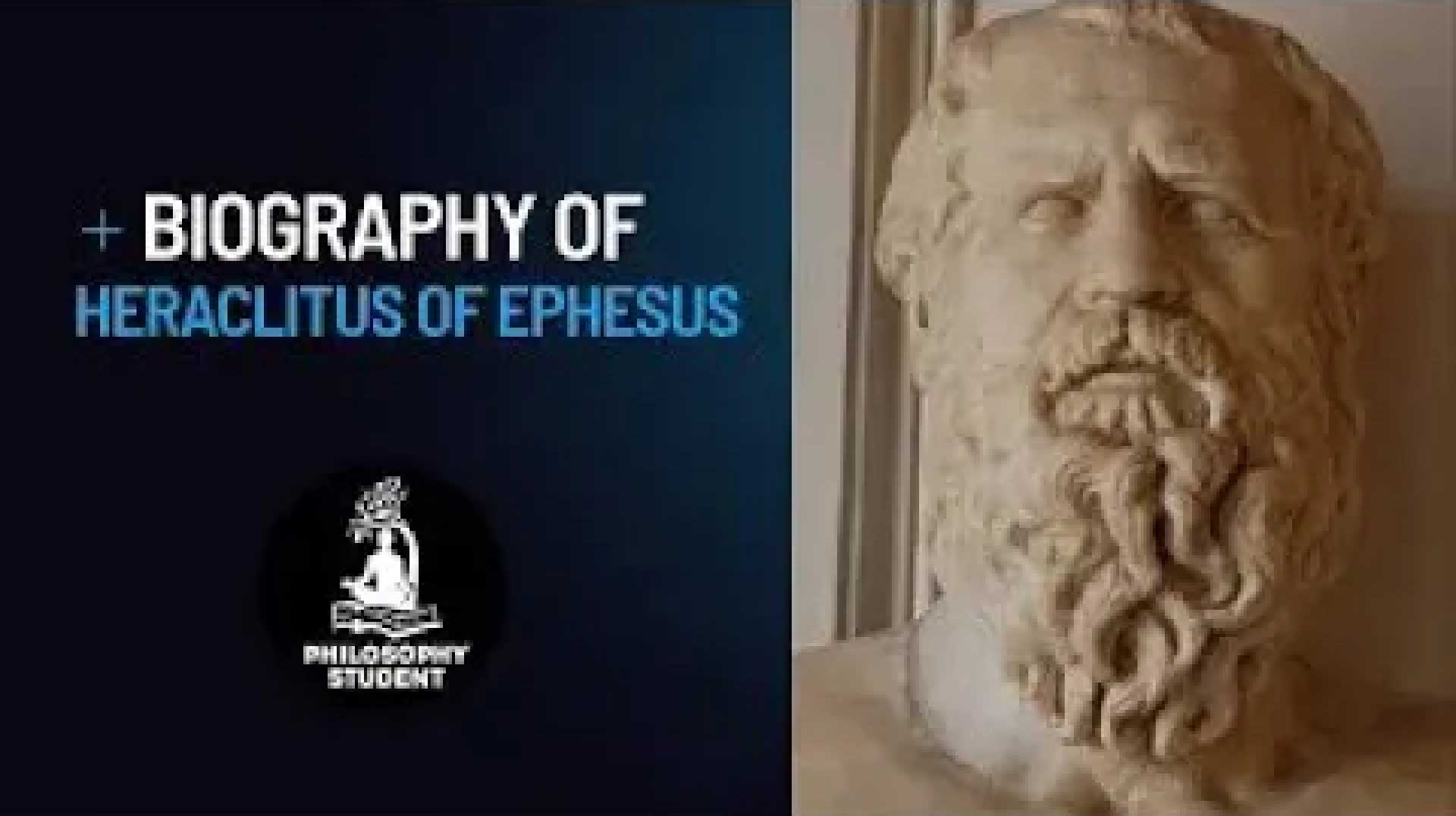A native of Ephesus, a major city on the Ionian coast of Asia Minor, Heraclitus was born about 535 BC. His controlling philosophical tenet was the unity of experience in a universal system of balanced exchanges. For Heraclitus, the common denominator of existence was change, a law of nature that is also a moral law for humanity. Indeed, Heraclitus was the first Western philosopher to posit a metaphysical and moral connection between physical reality and human beings.
Virtually nothing is known of the life of Heraclitus other that he lived in Ephesus and, despite Plato’s belief that he wrote after Parmenides, it is more likely that he predated him. Heraclitus was as much a critic as he was a philosopher. Not only did he criticize the likes of Pythagoras and Xenophanes, but he scorned myth makers such as Homer and Hesiod.
Not surprisingly, Heraclitus saw most of his fellow creatures as ignorant and incapable of deep comprehension. He characterized the mass of humanity as sleepwalkers through life. Nevertheless, he did believe that the right message was capable of bringing enlightenment, even to the dense mass of humanity. He had a great faith in language as the vehicle by which humanity would learn that all things are one.
Both Plato and Aristotle disdained Heraclitus’s views as radical to the point of incoherence. He is best known for his doctrine of change—everything is constantly changing —and for the idea that opposite things are identical, which means that everything is and is not at the same time.
In fact, his concept of the system of the universe was more subtle and idealist. True, reality is characterized by Universal Flux and the Identity of Opposites. In his famous river metaphor, Heraclitus declared, “On those stepping into rivers staying the same other and other waters flow,” a statement Plato recalled as a metaphor likening existence to the flow of a river. “He says,” Plato wrote, “you could not step twice into the same river.” The full meaning of Heraclitus’ statement is not that rivers are ephemeral, subject to continual change, but that they can stay the same over time—except that their waters continually change. So, the point is less that everything changes than it is that the change of some things enables the continued existence of others. Change in the elements supports the durable constancy of higher-level structures. More difficult is the doctrine of the Identity of Opposites. He stated, “God is day night, winter summer, war peace, satiety hunger.” Existence contains its opposite.
Heraclitus did not preach a universal flux, but, rather, a universal law of flux. He did not claim the Identity of Opposites, but the Transformational Equivalence of Opposites. Heraclitus called the world an “ever living fire” observing: “all things are an exchange for fire, and fire for all things, as goods for gold and gold for goods.” Fire is constantly changing, but the processes it drives do not change. The Law of Transformations is itself constant.
Heraclitus drew his metaphysical conclusions from physical theory. His theory of the “kosmos” (the first time the word was used in philosophy) is that the universe was not created but “it ever was and is and will be: everliving fire, kindling in measures and being quenched in measures.” He speaks of how fire is transformed into water (the “sea”), half of which transforms back into fire (so-called, “firewind”) and half into earth. There is, then, a sequence of elements: fire to water to earth, all interconnected.
Heraclitus was above all a philosopher of nature, but he was also a metaphysician, who struggled to define the soul, and a moralist and philosopher of society and law, arguing that the human cosmos is like the natural cosmos in that both reflect an underlying order. Heraclitus died, in Ephesus, in about 475 BC.




































